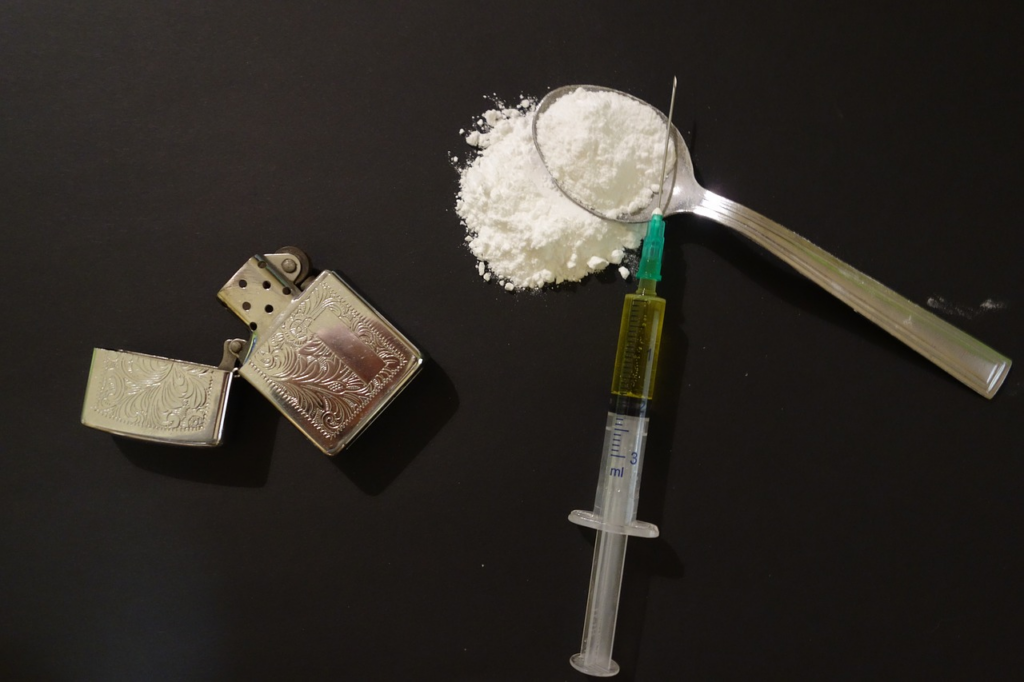Substance abuse affects millions, so correctly classifying it saves a lot of lives. But mental disorders have several categories that can be hard to navigate. To help with that understanding, here are a few facts about how mental disorders and substance abuse are linked.

3 Important Ways Substance Abuse Is Classed As A Mental Disorder
Finding Out the Truth
Sometimes a simple substance abuse quiz can be a real eye opener. What you thought was depression turns out to be a dependence on something harmful. And what was a month-long trip of paranoia is tied to your recreational habits.
These are small signs that are easy to miss when you don’t know what to look for. There are 10 classes of drugs that can be abused to the point that they fall into the substance use disorder category. The NIDA clearly defines drug addiction as a mental disorder, and if left untreated it can lead to irreversible health problems.
Facts About Substance Use Disorders
Substance abuse and mental disorders are both tied to the brain. These patterns reveal themselves over time as the brain gets used to a ‘rewarding’ feeling. Anytime you are outside of this zone, your brain shuts down as if it is being punished. That means it is painful to deal with any feeling that doesn’t ignite that familiar sense of euphoria.

For short or long-term, using substances to achieve this high will create a dependence. Your focus gets locked into this zone, and when you’re outside of it the only thing that matters is getting back in. This is the loop that is created when you have a substance use or substance induced disorder.
As an example, when someone is suffering from depression, being alone is the safe space. As long as they stay in that zone, the depression is seemingly manageable. In reality, being alone with your thoughts creates even more depression. An isolated person suffering from depression is literally feeding their own illness. That same safe space for someone going through substance abuse has dangerous health parallels to mental illness.
Getting Help
Getting help for substance abuse starts with your current mentality. The first step is acknowledgement of the problem. If you refuse to admit the problem, then no individual or group will be of any help. Substance abuse disorders are strongest in those that refuse to make changes to their physical, social or behavioral habits. They are locked into their zone, and will not let anyone into their safe space.
In situations like this, a tactful approach makes all the difference in the world. Substance abusers that refuse help are not unreachable in the mental sense. Sometimes they are not ‘there’ yet, and there is no timetable to reach that point. Leaving the contact information of a helpful sober living program is just as powerful as being forceful. Once an individual enters a program or helpful community, they have officially made a big first step in leaving their safe space.

A Better Life
Substance abuse is treatable with the right attitude. There will be bumps in the road, but they are all manageable when you have reliable support. Make a goal, and do everything you can to turn it into a reality.
Conclusion
In conclusion, substance abuse can be classified as a mental disorder due to its impact on individuals’ thoughts, behaviors, and overall mental well-being. It is important to find out the truth about substance abuse and understand the underlying factors that contribute to its development. Substance use disorders are real and should not be stigmatized, as they are recognized by medical professionals and supported by scientific evidence.
Seeking help is crucial for individuals struggling with substance abuse, as it can lead to a better life and improved mental health. With the right support and treatment, individuals can overcome substance use disorders, regain control over their lives, and pave the way towards lasting recovery and well-being. Remember, there is hope, and reaching out for help is the first step towards a brighter future.

